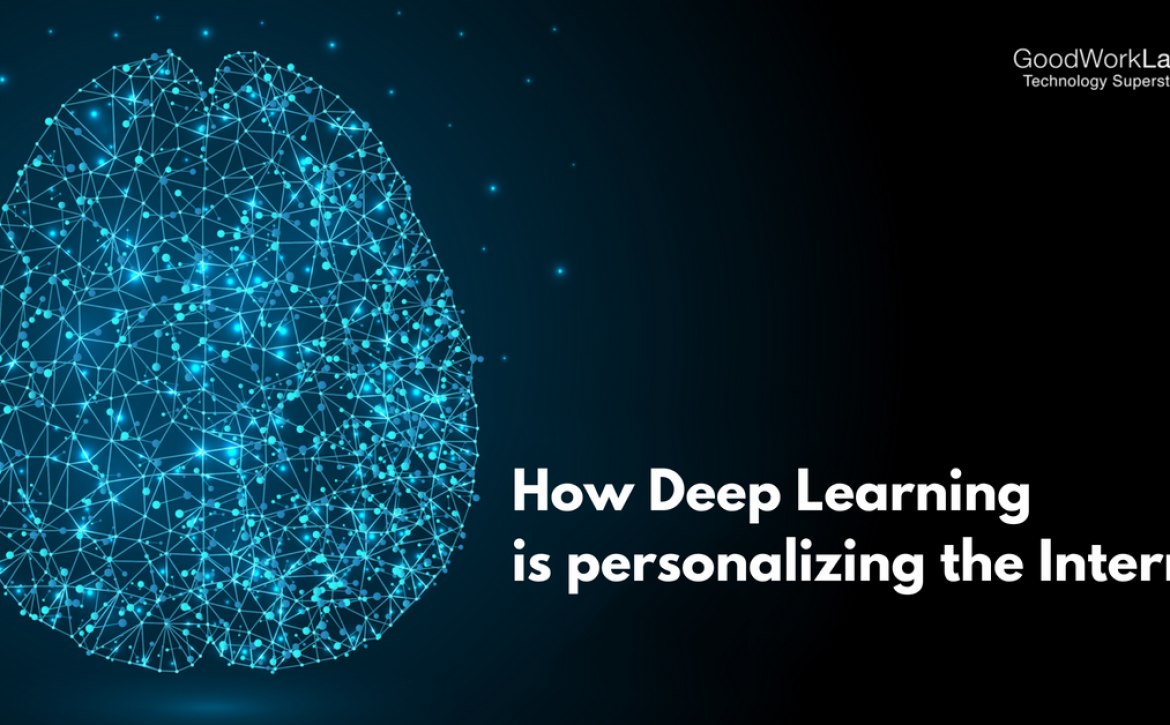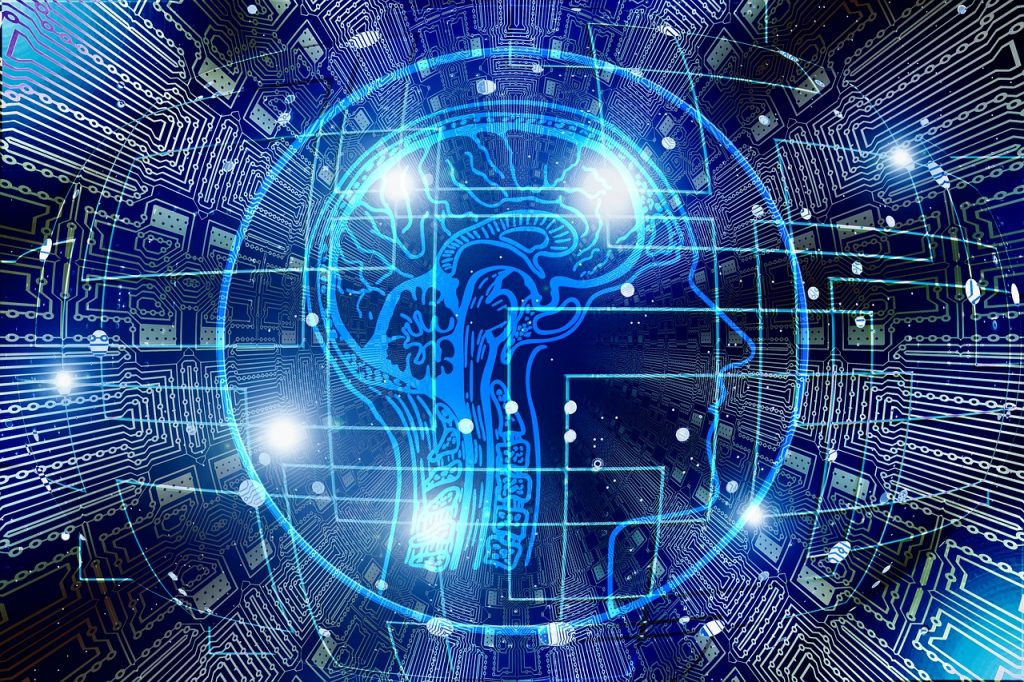How Deep Learning is Personalizing the Internet
How Deep Learning is Personalizing the Internet for Better Engagement
Working as a secondary field of machine learning, Deep learning focuses on the interpretation of data. This technology uses multiple layers of processing to understand a set of data. Every layer allows machines to evaluate and present data in a meaningful manner. Hence, the performance capacity of algorithms increases with the increment in data.
Advanced techniques such as NLP and image classification become possible with deep learning. Businesses are using it to enhance their communication patterns with clients and customers. The successful use of such algorithms brings personalization to the communication and hence boost engagement.
Personalization in the internet-driven market
Publishing companies, marketing agencies, e-commerce and many other businesses work through the internet. Deep learning offers an error-free system to enhance engagement in such business models. This is beneficial for users as well as businesses.
Fueled by personalization, businesses can reach a higher level of productivity in terms of communication and online experience.
Here are most valuable ways, in which, deep learning is personalizing the online world.
1 – Making recommendations more effective and relevant
On the internet, sites recommend a different set of content to the site visitors. An e-commerce site does the same with their products. However, a visitor will engage with the recommended content or product if it is relevant to him or her.
Traditionally, metadata is used to help with recommendations. However, poor metadata quality always presented issues of content relevancy in this process.
Now, deep learning is bringing effective changes in this department. Advanced algorithms use intrinsic characteristics of a content and evaluate it with visitor’s interests. These intrinsic qualities can be text, images or videos, which changes from content to content. Such technologies are now capable of creating a comprehensive view of content on their own and incorporating it when recommending products or content pieces.
2 – Focusing on interests for new visitors
When a visitor comes to a platform, it seems difficult to learn preferences and understand behavior. This happens due to the lack of layered data evaluation. Deep learning algorithms divide the clutter of interactional and transactional data.
Rather than just focusing on data gathering, deep learning allows business platforms to understand and evaluate customers’ behavior. Hence, every visitor sees what he or she desires to see.
For example, if a customer visits an e-store for the first time to purchase an oven, algorithms will collect that data. However, the use of this data will depend on the interests of the same customer when visiting the second time. If the customer looks for a mobile phone, then, the algorithms will leverage that interest to present personalized data.
3 – Leading customers towards decisions
A customer goes through various steps before deciding to purchase a product or service. This decision depends on brand loyalty, personal goals, and preferences. Deep learning understands these factors and personalizes image and other forms of content. Hence, businesses get to increase sales.
Personalization is the key to winning the business game on the internet. And DL algorithms can offer strength to this goal of your business.






